As a business teacher, you navigate through the ever-changing landscape of education like a sailor charting uncharted waters.
In this era of rapid technological advancements, one of the greatest challenges you face is the integration of Artificial Intelligence (AI) into your teaching curriculum. With AI revolutionizing various industries, it is crucial for business teachers to adapt and equip themselves with the necessary skills and knowledge to effectively educate the next generation of business professionals.
But what are the specific challenges you might encounter? How can you incorporate AI into your teaching methods? And ultimately, what role do business teachers play in shaping the AI education landscape?
Join us as we explore the multifaceted challenges and opportunities that lie ahead for business teachers in the face of AI.
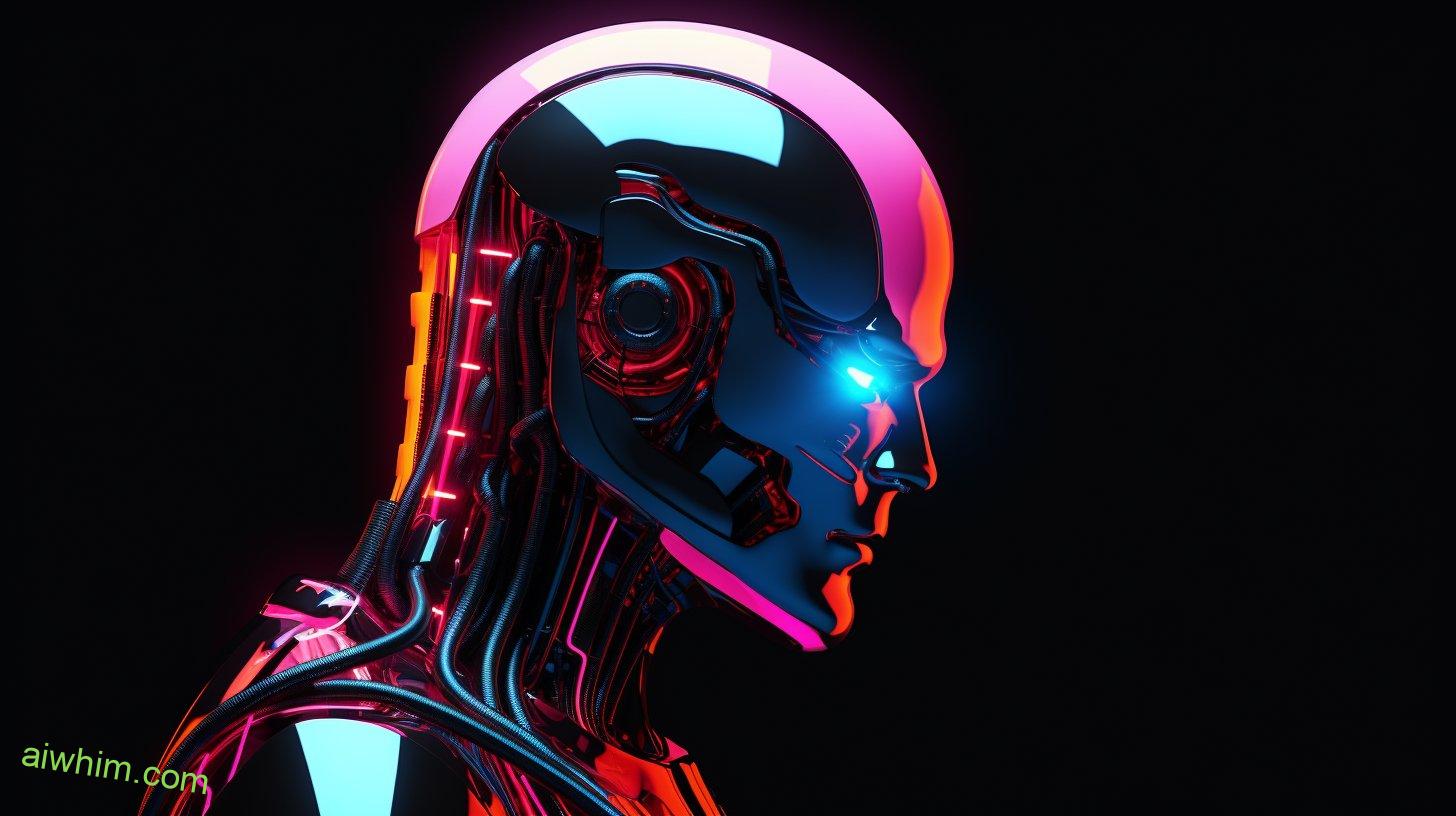
Key Takeaways
- Business teachers need to prioritize AI education and adapt their teaching methods to incorporate AI integration.
- It is crucial for business teachers to address the impact of AI on the job market and educate students about potential opportunities and challenges.
- Ethical considerations in AI use should be emphasized, and business teachers should equip students with the skills to navigate ethical challenges in AI-driven careers.
- Keeping up with technological advancements in AI and ensuring accurate and relevant information is provided to students are key challenges that business teachers need to overcome.

The Growing Importance of AI Education
The growing importance of AI education is becoming evident in various industries and is increasingly recognized as essential knowledge for business teachers. As technology continues to advance at a rapid pace, artificial intelligence (AI) is becoming an integral part of our lives and businesses. With this integration comes the need for individuals who understand the ethical implications of AI and can navigate the complex landscape of AI technologies.
AI ethics is a critical component of AI education. As AI systems become more sophisticated and autonomous, it’s crucial for business teachers to understand the ethical considerations surrounding their use. This includes understanding how AI algorithms make decisions, the potential biases they may have, and the impact they can have on society. By incorporating AI ethics into their curriculum, business teachers can provide their students with the necessary skills to navigate these ethical challenges and make informed decisions in the business world.
In addition to AI ethics, business teachers need to develop effective AI education strategies. This involves teaching students about the fundamentals of AI, including machine learning, natural language processing, and computer vision. It also involves providing hands-on experience with AI technologies, such as programming AI algorithms and working with AI tools and platforms. By adopting a hands-on approach, business teachers can help students develop a deep understanding of AI and its applications in the business world.

Understanding the Impact of AI on Business
As a business teacher, it’s crucial to understand the impact that AI has on businesses today. AI adoption in different industries is rapidly increasing, and it’s reshaping the way businesses operate. From healthcare and finance to retail and manufacturing, organizations are leveraging AI technologies to enhance efficiency, make data-driven decisions, and deliver personalized experiences to customers.
AI’s impact on the job market is also significant. While AI has the potential to automate repetitive tasks and improve productivity, it may also lead to job displacement in certain industries. It’s important to acknowledge that AI isn’t here to replace human workers, but rather to augment their abilities and create new opportunities.
As a business teacher, it’s essential to educate students about the potential impact of AI on the job market and empower them to adapt and acquire new skills that are in high demand.
By understanding the impact of AI on business, you can provide your students with valuable insights and knowledge that will help them navigate the evolving landscape of the business world. Encourage them to embrace AI technologies and explore how they can be applied in different industries.
Foster a mindset of continuous learning and adaptability, as it will be crucial for success in the AI-driven future.
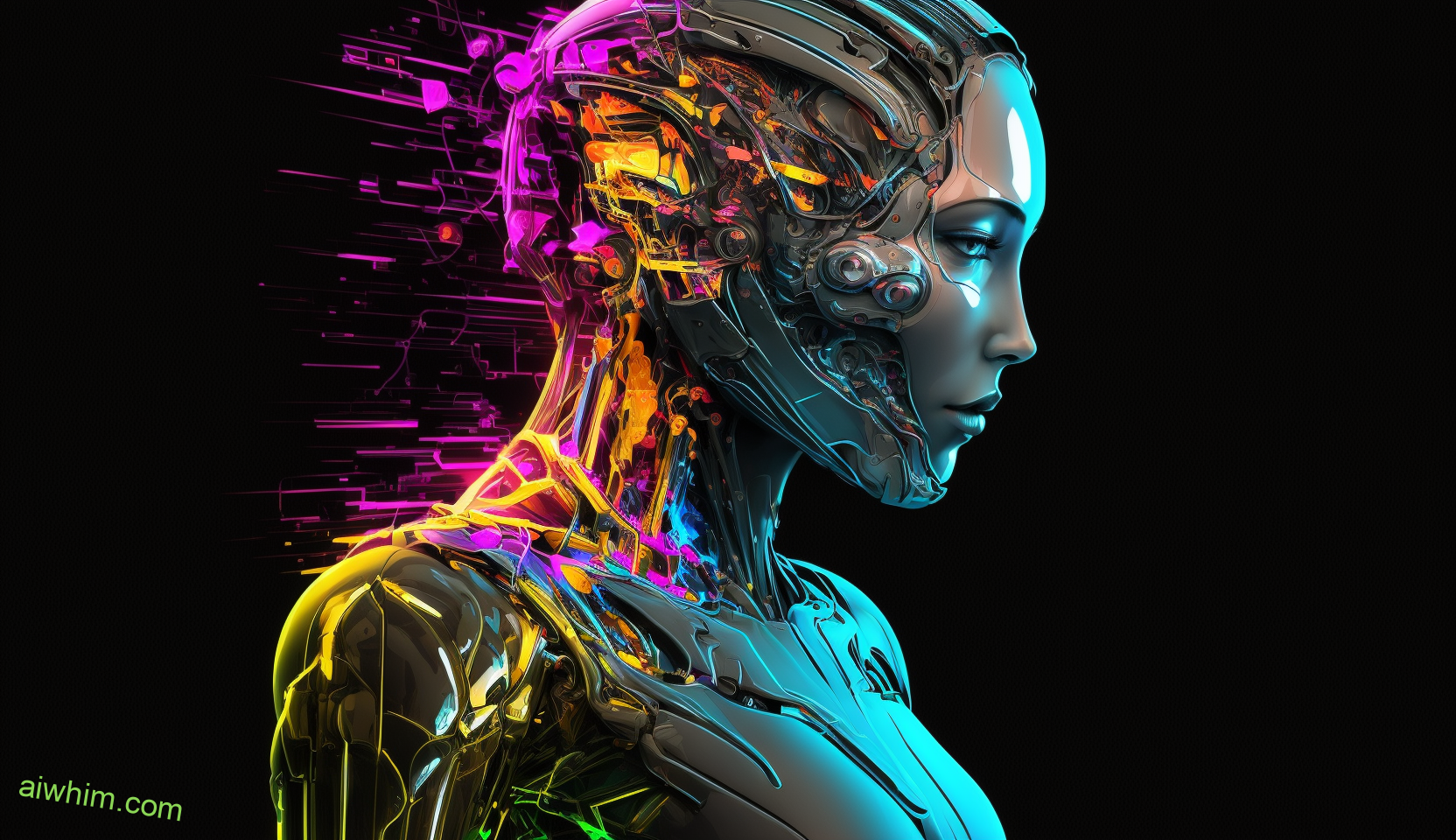
Identifying Key AI Challenges for Business Teachers
Teaching business in the age of AI presents unique challenges for educators. As a business teacher, it’s important for you to be aware of the key AI challenges in order to effectively prepare your students for the future of business education.
Here are four key AI challenges that you should be mindful of:
- Keeping up with technological advancements: AI is rapidly evolving, and it’s crucial for business teachers to stay updated with the latest AI technologies and applications. This can be challenging as new advancements are constantly being made, but it’s essential for you to provide your students with accurate and relevant information.
- Integrating AI into the curriculum: As AI becomes more prevalent in the business world, it’s important for business teachers to incorporate AI-related topics into their curriculum. This can be challenging as it requires updating existing lesson plans and integrating new AI concepts and skills into the curriculum.
- Preparing students for AI-driven careers: AI is changing the job market, and it’s essential for business teachers to prepare their students for AI-driven careers. This involves teaching them the necessary skills and knowledge to thrive in a world where AI is increasingly used in various business functions.
- Ethical considerations: AI raises important ethical questions, such as privacy concerns and biases in algorithms. As a business teacher, it’s important for you to address these ethical considerations and teach your students about the responsible and ethical use of AI in business.
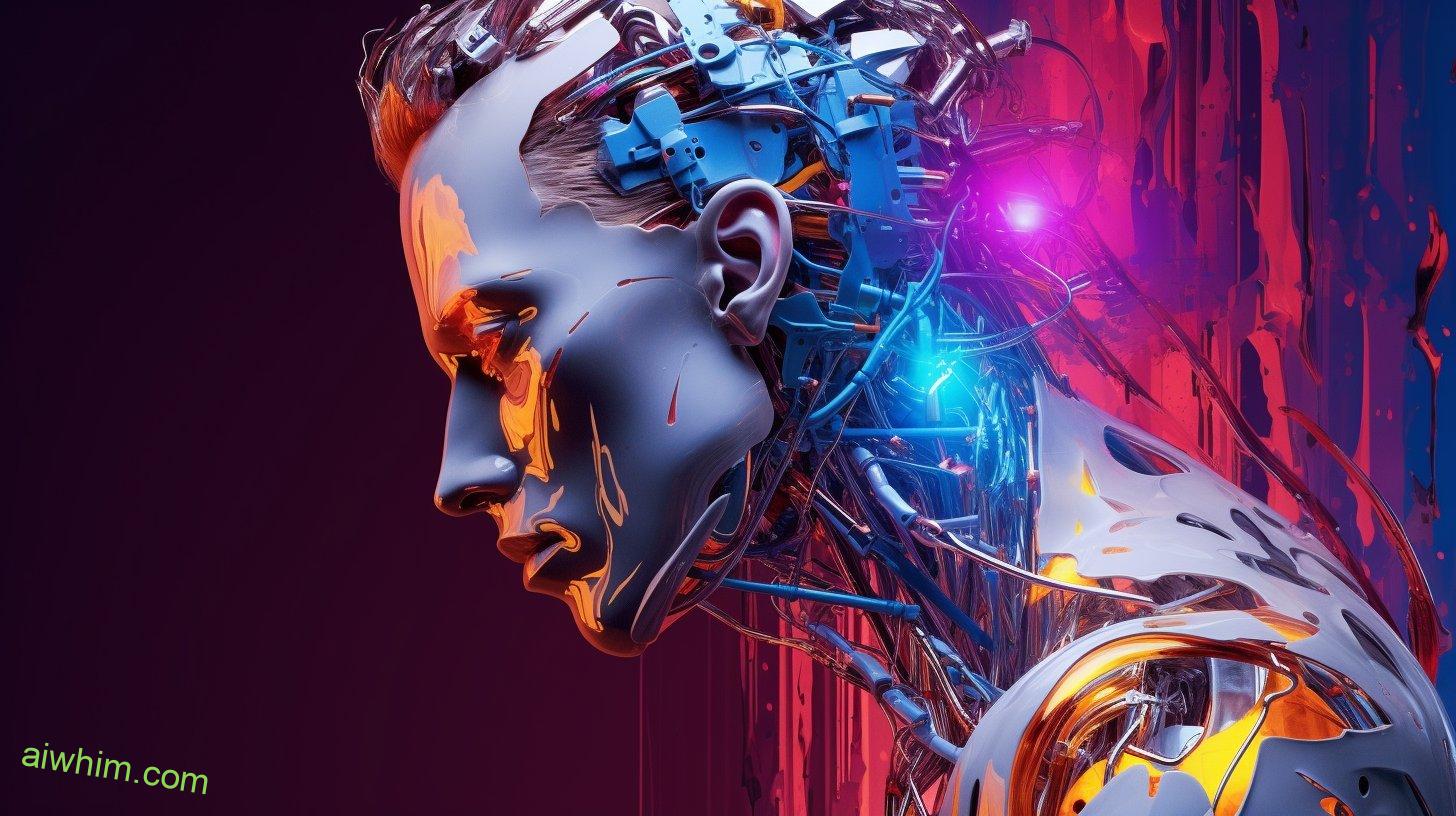
Adapting Teaching Methods for AI Integration
To effectively integrate AI into your teaching methods, consider adapting your approach to accommodate the changing landscape of business education. As technology continues to advance, it’s crucial for business teachers to stay updated and incorporate these advancements into their teaching strategies. Adapting your teaching methods to integrate technology can enhance student engagement, improve learning outcomes, and prepare students for the evolving job market.
One way to adapt teaching methods for AI integration is by incorporating interactive and collaborative activities. Technology allows for the creation of virtual simulations, case studies, and group projects that can simulate real-world business scenarios. By encouraging students to work together and solve problems using AI tools, they can develop critical thinking skills and gain practical experience.
Additionally, integrating technology can enable personalized learning experiences. AI-powered platforms can analyze student data and provide personalized feedback and recommendations. This allows teachers to tailor their instruction to meet individual student needs, ensuring that each student receives the support necessary to succeed.
Furthermore, it’s essential to teach students how to effectively use AI tools and analyze the data they produce. Business teachers should design lessons that teach students how to interpret and evaluate AI-generated insights. By doing so, students can develop the skills required to make informed decisions and effectively utilize AI in their future careers.
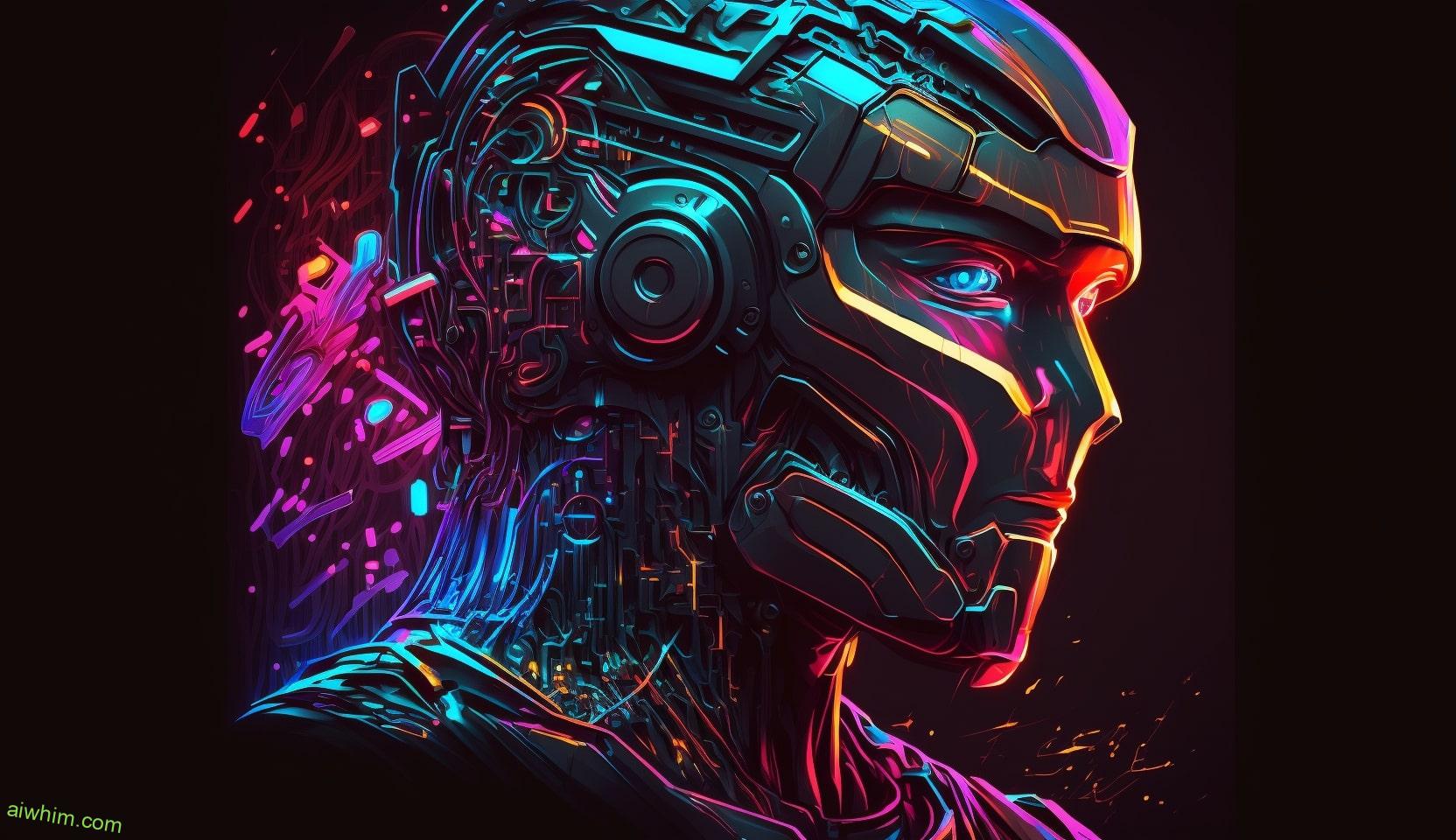
Incorporating AI Into Business Curriculum
Consider incorporating AI into your business curriculum to prepare students for the future job market and enhance their learning experience. As the world becomes increasingly reliant on technology, it’s crucial for students to develop a strong understanding of AI and its applications in the business world. By integrating AI into your curriculum, you can equip students with the necessary skills and knowledge to thrive in the digital era.
Here are four ways to effectively incorporate AI into your business curriculum:
- AI Basics: Start by introducing students to the fundamentals of AI, including its definition, history, and key concepts. This will provide them with a solid foundation to build upon.
- Case Studies: Incorporate real-world case studies that demonstrate how businesses are successfully implementing AI technology. This will allow students to analyze and understand the practical implications of AI in different industries.
- Hands-on Projects: Provide students with opportunities to apply their knowledge by engaging in hands-on projects. This could involve developing AI-based solutions for business problems or creating AI algorithms for data analysis.
- AI Training for Teachers: To effectively teach AI concepts, it’s essential for teachers to receive proper training themselves. Offer professional development programs or workshops to enhance teachers’ understanding and confidence in integrating AI into the curriculum.

Developing AI Skills in Students
Equip your students with the essential AI skills necessary for success in the digital age. Developing practical AI skills is crucial in preparing your students for the future. As an educator, it’s your responsibility to foster creativity in AI education and empower your students to become innovative problem solvers in this rapidly advancing field.
To develop practical AI skills, encourage your students to engage in hands-on projects that involve real-world applications of AI. Provide them with opportunities to explore and experiment with AI tools and technologies. By working on practical projects, students can gain a deeper understanding of AI concepts and develop the necessary skills to apply them in various industries.
In addition to technical skills, it’s crucial to foster creativity in AI education. Encourage your students to think outside the box and explore unique solutions to problems. AI isn’t just about coding and algorithms; it’s also about finding innovative ways to leverage AI to improve processes and create value. By fostering creativity, you can help your students become well-rounded AI professionals who can adapt to the ever-evolving digital landscape.
To foster creativity, incorporate project-based learning into your AI curriculum. Provide opportunities for students to collaborate, brainstorm ideas, and work on open-ended projects. Encourage them to explore different perspectives and challenge conventional thinking. By creating a supportive and creative learning environment, you can empower your students to push the boundaries of AI and develop innovative solutions.

Overcoming Resistance to AI in the Classroom
As an educator, you may encounter resistance when introducing AI into the classroom, but overcoming this resistance is crucial for preparing your students for the digital age. Here are some strategies to help you overcome student resistance and ensure a smooth integration of AI in your teaching:
- Open dialogue: Encourage open discussions with your students about AI and its benefits. Address their concerns and misconceptions, and emphasize how AI can enhance their learning experience and future opportunities.
- Real-world examples: Incorporate real-world examples of AI applications to demonstrate its relevance and importance in various industries. Show students how AI is already being used in their everyday lives, and how their understanding of AI can give them a competitive edge in the job market.
- Hands-on activities: Provide hands-on activities that allow students to actively engage with AI technologies. This could include coding exercises, AI simulations, or even inviting AI experts to give presentations or workshops.
- Teacher training and support: Ensure that you receive proper training and support to effectively integrate AI into your teaching. Seek professional development opportunities, attend workshops, and collaborate with other educators who are also incorporating AI in their classrooms. Building your expertise will give you the confidence and knowledge to address student resistance effectively.

Addressing Ethical Considerations in AI Education
To effectively address ethical considerations in AI education, you must actively engage your students in critical discussions about the impact of AI on society. As educators, it’s crucial to ensure that the implementation of AI education is accompanied by a deep understanding of the ethical challenges it poses.
As AI continues to advance and become more integrated into various aspects of our lives, it’s important for students to explore the ethical implications that arise from its use. By engaging in discussions about topics such as data privacy, algorithmic bias, and job displacement, you can foster a sense of responsibility and critical thinking in your students. Encourage them to question the potential consequences of AI technologies and to consider the ethical dilemmas that may arise.
Incorporating real-world examples and case studies into your curriculum can provide students with practical insights into the ethical challenges associated with AI. By analyzing and discussing these examples, students can develop a deeper understanding of the potential risks and benefits of AI, as well as the ethical considerations that must be taken into account when designing and implementing AI systems.
Furthermore, it’s important to emphasize the importance of ethical decision-making in the field of AI. Encourage your students to consider the ethical implications of their own work and to develop strategies for addressing these challenges. By instilling a sense of ethical responsibility in your students, you can help shape the future generation of AI practitioners who are committed to creating AI systems that are both technologically advanced and ethically sound.

Embracing AI Tools and Technologies
Now, let’s explore how you can embrace the use of AI tools and technologies to enhance your students’ learning experience and prepare them for the future. Embracing AI innovation and leveraging AI technology in your classroom can open up new possibilities and empower your students to thrive in a rapidly changing world.
Here are four ways you can embrace AI tools and technologies:
- Adopt intelligent tutoring systems: Integrate AI-powered tutoring systems into your teaching methods to provide personalized support and guidance. These systems can analyze students’ learning patterns and adapt the content to their individual needs, helping them grasp concepts more effectively.
- Utilize virtual reality and augmented reality: Bring learning to life through immersive experiences using virtual reality (VR) and augmented reality (AR). These technologies allow students to explore real-world scenarios, visit historical sites, and engage in interactive simulations. By leveraging AI, these experiences can become even more realistic and tailored to each student’s learning style.
- Implement intelligent grading systems: Save time and provide timely feedback to your students by utilizing AI-powered grading systems. These systems can analyze and evaluate assignments, quizzes, and exams, providing instant feedback and freeing up valuable time for more personalized interactions with your students.
- Encourage creativity with generative AI: Embrace generative AI tools that enable students to create content, such as writing stories or composing music. By leveraging AI technology, students can explore their creativity and generate unique ideas, fostering critical thinking and innovation.
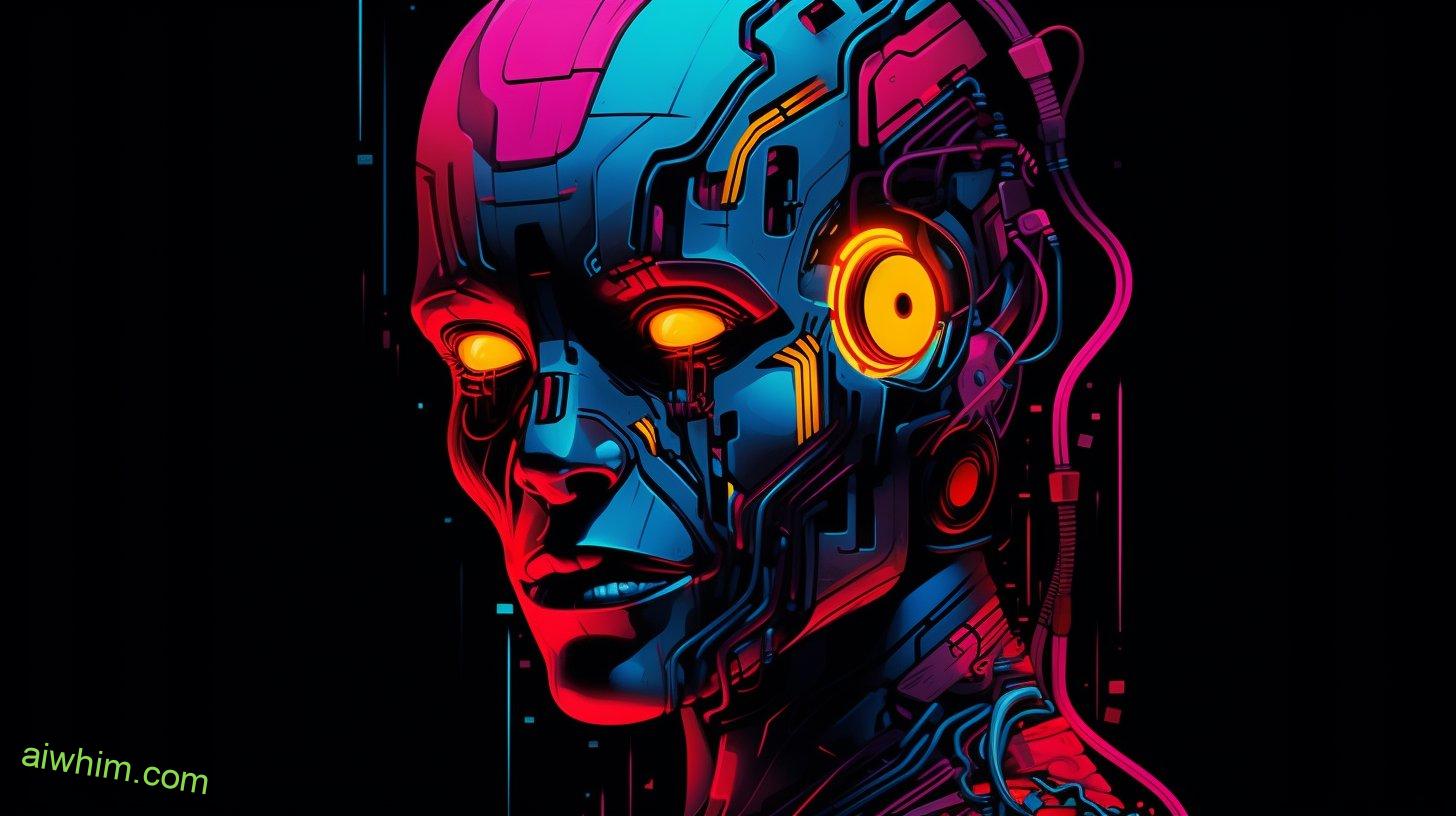
Collaborating With Industry Experts on AI
Collaborating with industry experts on AI can provide valuable insights and real-world applications to enhance your teaching of business concepts. By working closely with these experts, you can gain a deeper understanding of how AI is being used in various industries and stay up-to-date with the latest trends and advancements.
This collaboration can also help you bridge the gap between theory and practice, allowing you to bring more relevance and practicality to your classroom.
Industry experts bring a wealth of knowledge and experience that can greatly benefit your teaching. They can share their firsthand experiences of implementing AI solutions in businesses, providing you with valuable case studies and examples to incorporate into your lessons. This can help your students see the real-world applications of AI and understand how it can be used to solve complex business problems.
Furthermore, collaborating with industry experts allows you to tap into their networks and resources. They can connect you with other professionals in the field, opening up opportunities for guest lectures, internships, or even collaborative projects. This exposure to the industry can give your students a head start in their careers and help them develop the skills and knowledge needed to succeed in an AI-driven business world.
In addition to these benefits, collaborating with industry experts can also help you stay updated on the latest research and developments in AI. They can provide you with insights into emerging technologies, tools, and techniques, enabling you to stay at the forefront of AI education and better equip your students for the future.

Fostering Critical Thinking in an AI-driven World
Developing strong critical thinking skills is crucial in an AI-driven world, as it enables you to analyze, evaluate, and make informed decisions about the complex and ever-evolving applications of artificial intelligence.
In order to foster critical thinking in this AI-driven world, consider the following:
- Encourage teaching creativity: In an AI-driven world, creativity becomes even more essential. Encourage students to think outside the box, explore innovative solutions, and challenge traditional ways of thinking. By nurturing creativity, you empower students to approach AI with fresh perspectives and uncover new possibilities.
- Emphasize AI ethics: As AI continues to advance, ethical considerations become increasingly important. Teach students about the ethical implications of AI, such as privacy concerns, bias in algorithms, and the impact on human employment. By fostering discussions on AI ethics, you equip students with the ability to critically evaluate the ethical implications of AI applications.
- Promote interdisciplinary thinking: AI is a multidisciplinary field that intersects with various domains. Encourage students to explore different disciplines, such as computer science, philosophy, psychology, and sociology. By promoting interdisciplinary thinking, you enable students to develop a holistic understanding of AI and its implications in different contexts.
- Provide real-world examples and case studies: Engage students with real-world examples and case studies that highlight the challenges and opportunities of AI. These examples can help students apply critical thinking skills to analyze and evaluate AI applications in different industries and societal settings.

Evaluating the Effectiveness of AI Education
To assess the impact of AI education, it’s essential to measure the effectiveness of teaching methods and learning outcomes.
In evaluating the effectiveness of AI education, two key aspects to consider are measuring student engagement and assessing AI curriculum effectiveness.
Measuring student engagement is crucial in understanding how well students are actively participating and interacting with AI education. This can be done through various methods, such as surveys, class observations, and student feedback. By gauging the level of engagement, educators can identify areas that require improvement and make necessary adjustments to enhance the learning experience.
Assessing AI curriculum effectiveness involves examining the extent to which the curriculum achieves its intended learning outcomes. This can be done through assessments, tests, and projects that evaluate students’ understanding, application, and critical thinking skills related to AI concepts. It’s important to ensure that the curriculum aligns with industry standards and covers the necessary topics to prepare students for AI-driven challenges in the business world.
In addition to these methods, collecting qualitative feedback from students and educators can provide valuable insights into the effectiveness of AI education. This can involve open-ended questions in surveys or one-on-one conversations to gather opinions, suggestions, and experiences.

Acquiring AI skills is essential for navigating the changing job market efficiently. As AI continues to revolutionize industries, it’s crucial to develop the necessary skills to stay competitive. Here are four reasons why investing in AI skill development is vital for success in the AI job market:
- Increased employability:
AI is transforming the job landscape, creating new roles and eliminating others. By acquiring AI skills, you enhance your employability and open up opportunities in emerging fields such as machine learning, data analysis, and automation. - Adaptability:
AI is constantly evolving, and staying ahead requires continuous learning. Developing AI skills equips you with the ability to adapt to changing technologies and market demands, making you a valuable asset to any organization. - Career advancement:
As AI becomes more integrated into businesses, professionals with AI expertise are in high demand. By acquiring AI skills, you position yourself for career advancement, as employers recognize the value of individuals who can leverage AI to drive innovation and efficiency. - Earning potential:
The AI job market offers competitive salaries due to the scarcity of skilled professionals. By investing in AI skill development, you increase your earning potential and gain a competitive edge in negotiations.
To navigate the changing job market effectively, it’s crucial to invest in AI skill development. Stay ahead of the curve by continuously updating your knowledge and acquiring new skills. The AI job market presents vast opportunities, and by embracing AI, you can shape your own future and thrive in a rapidly evolving digital landscape. Remember, in the dynamic world of AI, adaptability and continuous learning are key to success.

The Role of Business Teachers in AI Education
As a business teacher, you play a crucial role in preparing students for the AI-driven future by imparting them with the necessary knowledge and skills to succeed in this rapidly evolving field. To fulfill this role, it’s important to integrate AI into the business curriculum and enhance AI skills in students.
Integrating AI into the business curriculum means incorporating AI concepts and applications into your lesson plans. This can be done by including case studies that highlight the use of AI in various industries, discussing the ethical implications of AI, and exploring how AI can be leveraged to solve business challenges. By integrating AI into the curriculum, you provide students with a solid foundation in this emerging field.
In addition to integrating AI into the curriculum, it’s crucial to enhance AI skills in students. This can be achieved through hands-on projects, where students have the opportunity to work with AI tools and technologies. Assignments that require students to analyze data and make predictions using AI algorithms can also help enhance their AI skills. Moreover, encouraging students to participate in AI competitions and hackathons can further develop their expertise in this field.

Future Trends and Opportunities in AI Education
One of the future trends in AI education is the increasing demand for business professionals with AI expertise. As AI continues to transform industries, businesses are recognizing the need to integrate AI into their operations and decision-making processes. This creates a growing demand for professionals who understand both the business aspects and technical complexities of AI.
Here are four key opportunities and challenges that lie ahead in AI education:
- Expanding job prospects: With AI becoming a crucial part of business strategies, there will be an abundance of job opportunities for individuals with AI knowledge. Roles such as AI consultants, data analysts, and AI project managers will be in high demand, offering exciting career prospects.
- Bridging the skills gap: As AI integration challenges arise, there will be a need for educators who can bridge the gap between theoretical knowledge and practical application. Business teachers can play a vital role in equipping students with the necessary skills to navigate AI implementation challenges in real-world business settings.
- Adapting the curriculum: Educational institutions must adapt their curriculum to include AI-related topics and tools. This includes courses on machine learning, data analytics, and AI ethics, ensuring that future professionals are well-prepared to leverage AI technologies responsibly.
- Promoting lifelong learning: In the rapidly evolving field of AI, continuous learning is essential. Business teachers can encourage a mindset of lifelong learning among students, emphasizing the importance of staying updated with the latest AI advancements and trends. This will enable professionals to thrive in an ever-changing AI landscape.
Embracing these trends and opportunities won’t only benefit individuals seeking future job prospects but also contribute to the growth and success of businesses in an AI-driven world.
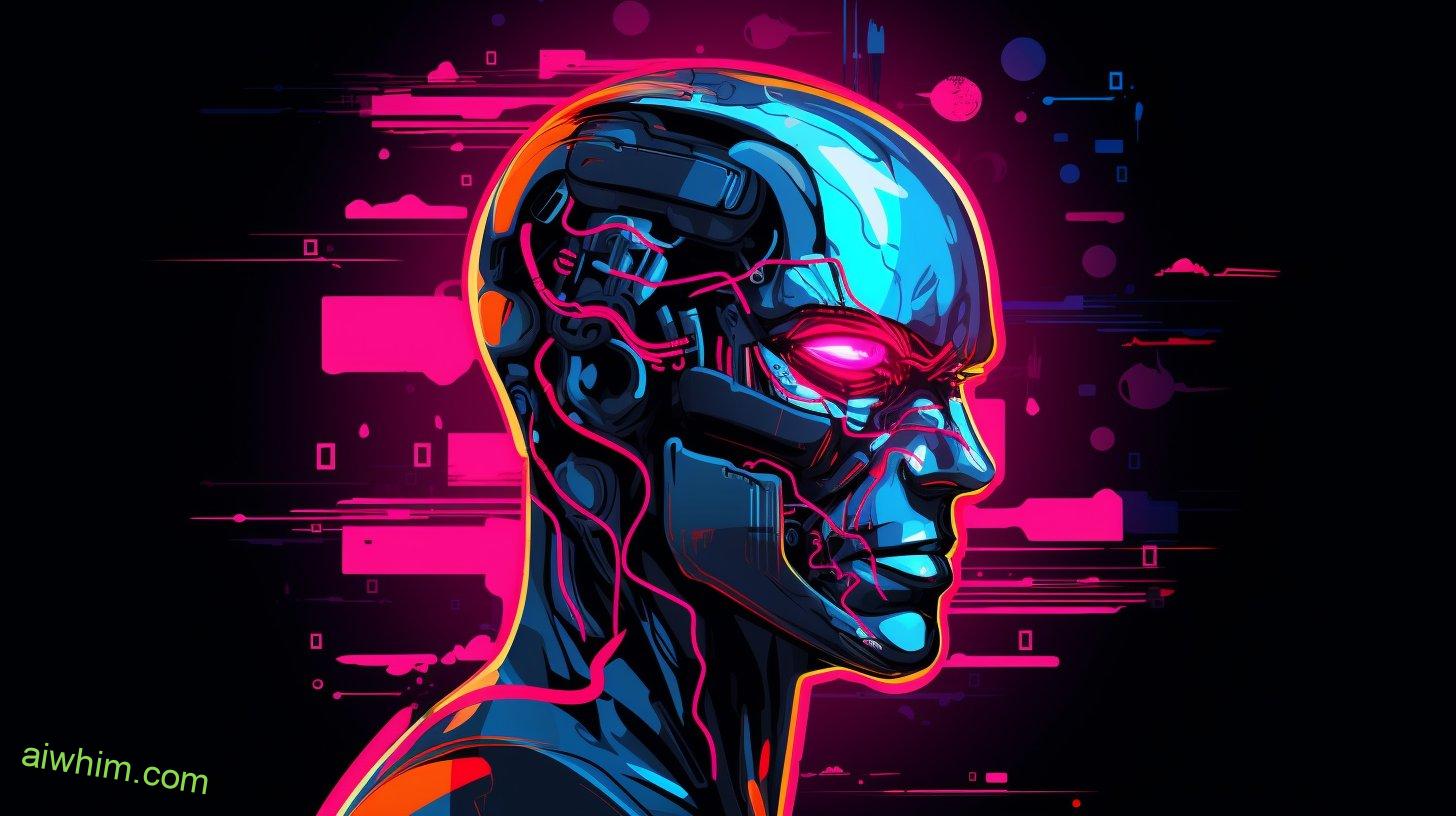
Frequently Asked Questions
How Can Business Teachers Overcome Resistance to AI in the Classroom?
You can overcome resistance to AI in the classroom by showing the benefits and practical applications. Integrate AI tools in lessons that promote creativity and critical thinking. Embrace the opportunities it brings for personalized learning and preparing students for future careers.
What Are the Ethical Considerations That Need to Be Addressed in AI Education?
When considering the ethical implications of AI education, it’s crucial to address issues such as privacy, bias, and job displacement. Developing a curriculum that fosters critical thinking and responsible decision-making is essential for preparing students for an AI-driven future.
How Can Business Teachers Adapt Their Teaching Methods to Integrate Ai?
You can adapt your teaching methods by incorporating AI in business case studies and utilizing AI tools for real-time data analysis. This will help students understand how AI impacts the business world.
What Are the Key AI Challenges That Business Teachers Face?
Are you ready to face the AI challenges in your classroom? Integrating AI and implementing it effectively can be a daunting task, but with the right strategies and resources, you can conquer it!
How Can Business Teachers Evaluate the Effectiveness of AI Education?
You need to evaluate the effectiveness of AI education by looking at the outcomes and using assessment methods. This will help you determine if the education is truly preparing students for the challenges of AI.
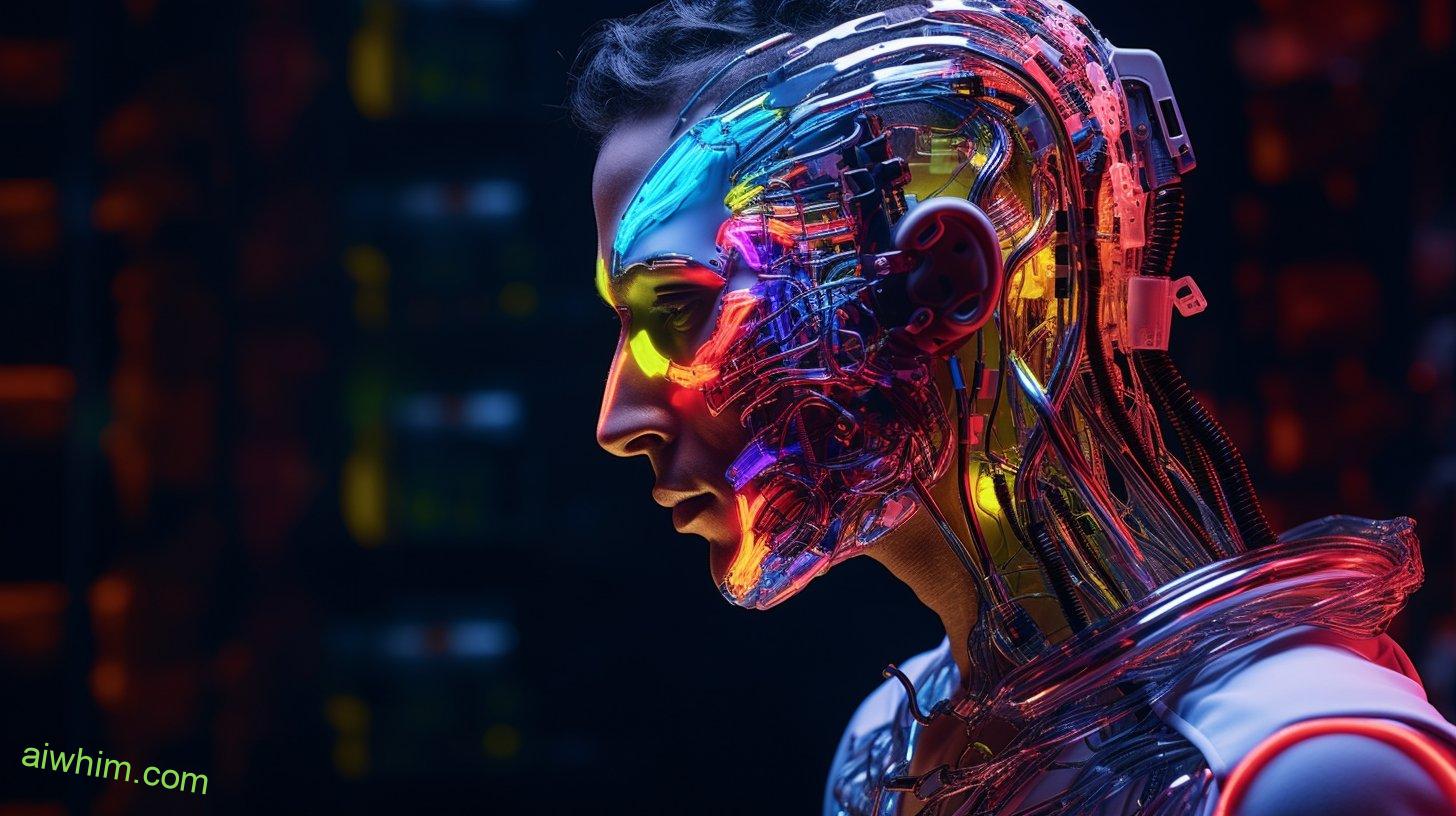
Conclusion
So, business teachers, are you ready to face the challenges of AI?
Embracing AI education is crucial in today’s rapidly evolving business landscape. By understanding its impact, adapting teaching methods, and incorporating AI into the curriculum, you can equip students with the necessary skills to navigate the changing job market.
As the role of business teachers in AI education continues to grow, there are exciting future trends and opportunities awaiting those who embrace this technology.
So, are you ready to embrace the future and empower your students?







